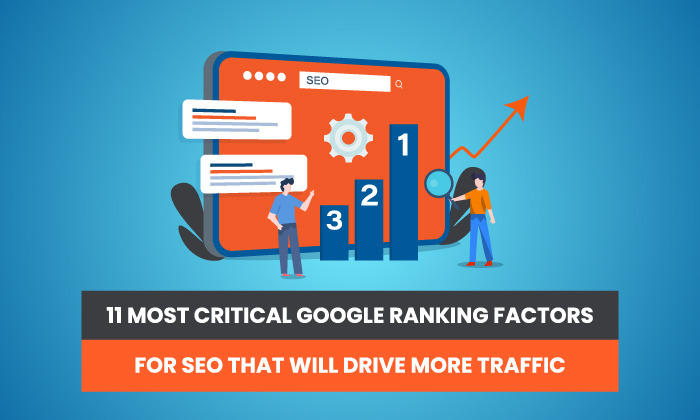No, SEO is Not Dead, Dying, or 6 Feet Under
By Adam
It seems every year someone comes out with a new article saying that SEO died, is dying, or is six feet under. There are a few reasons for this, mainly centered around the way Google’s algorithm works.
There are hundreds of search engines, but Google has managed to reign supreme through their general Google Search and their other specializations such as Google Images and Google Scholar. In 2019, Google products were used in 94 percent of searches.
“It is no question that Google owns the market when it comes to internet queries,” says David Brenton, President of BluShark Digital, LLC.
However, Google has made several changes to its algorithm over the years, leading some to claim SEO – or search engine optimization – is going the way of the dinosaur. Here are the facts and figures to get a better idea of why people think this (and why they are wrong).
Why They Think SEO is Dying
There are three main reasons people think SEO is dying, but first, let us get a firm grasp on what SEO truly means. Search engine optimization refers to the links, keywords, and other factors that tell Google what your website is about. From there, Google will rank your website among others covering similar topics. The ultimate goal is to have your website be the first link in the Google search results because that means you get more potential customers visiting your website.
SEO experts will alter a website’s links, keywords, and other factors to make their website more user friendly, and thus more Google friendly. Some people may pay to have their website promoted, but SEO specifically focuses on rising through the ranks organically.
There are a few hurdles Google throws at website designers to use SEO tactics properly. Firstly, Google changes. A lot. In 2010, Google made 516 algorithm changes. By 2018, that number increased to 3,234 changes. Having over nine algorithm changes a day can be hard to keep up with, meaning SEO has gotten much more difficult. It is no longer easy to manipulate the system to have your website appear first.
Combined with this issue is the over-supply of information on the internet. There are over 5.6 billion Google searches every 24 hours, with two trillion searches per year. Compare this to the one billion blogs on the world wide web, it does not seem to be a problem. However, the oversupply and the under-demand issue becomes abundantly clear when you use the search engine.
Take the phrase “what is marketing.” Search that, and Google spits out 665,000 websites with that specific phrase. However, only 11,300 people search “what is marketing” per month. Although there are billions of searches a day, each search falls into a different specific niche that can only be serviced by one website. This leaves hundreds of thousands of websites competing against each other for that click.
To make matters worse, Google has also thrown its hat into the ring. Google will answer some …read more
Source:: Social Media Explorer





